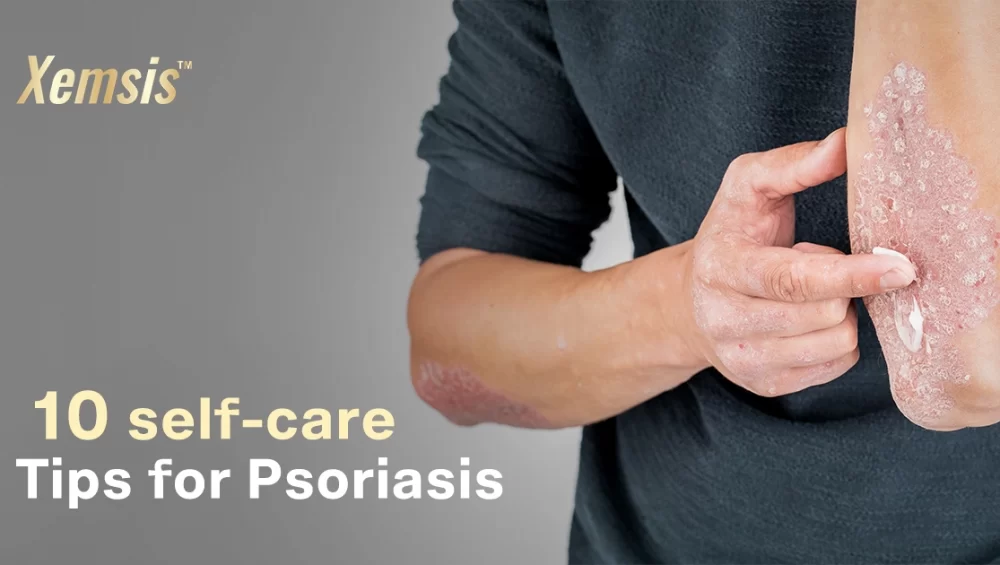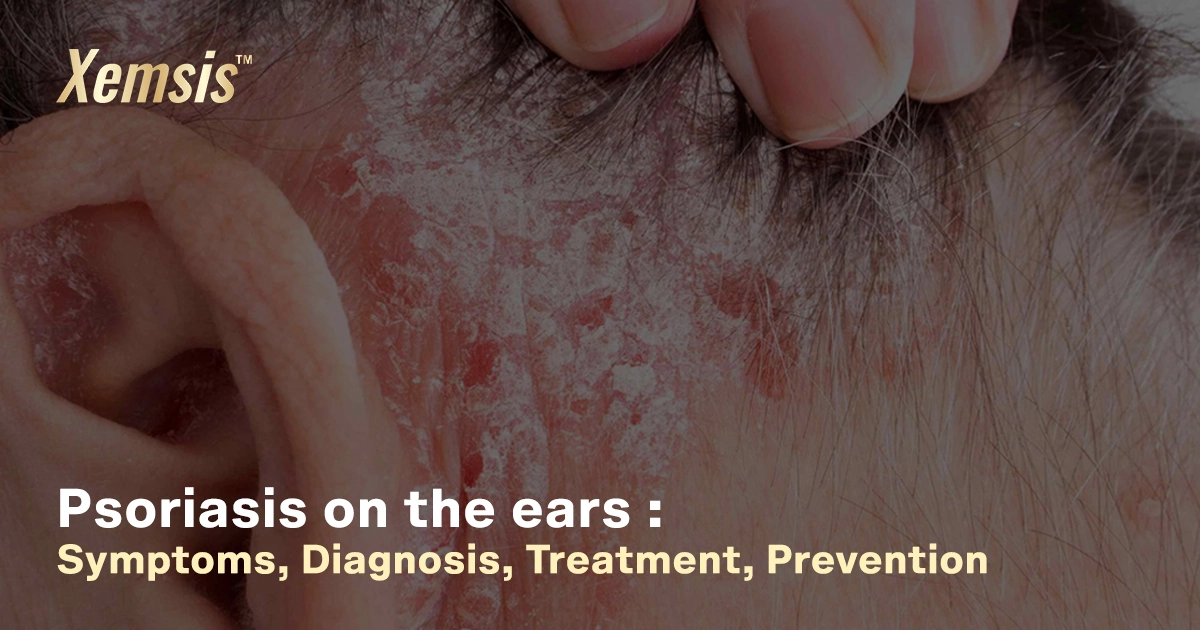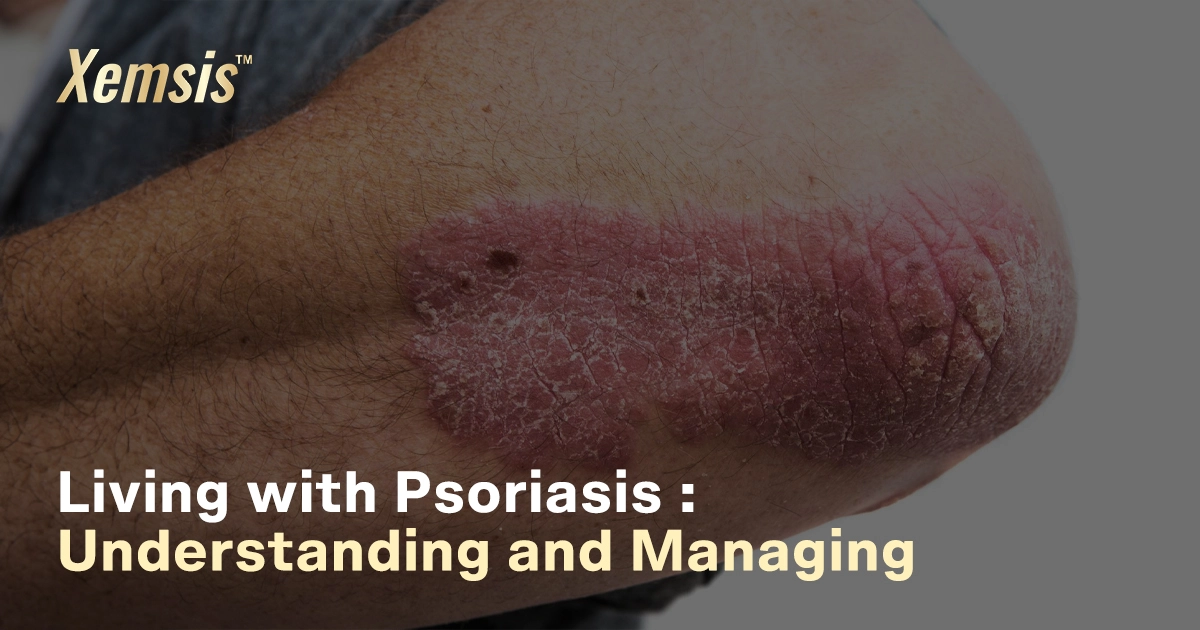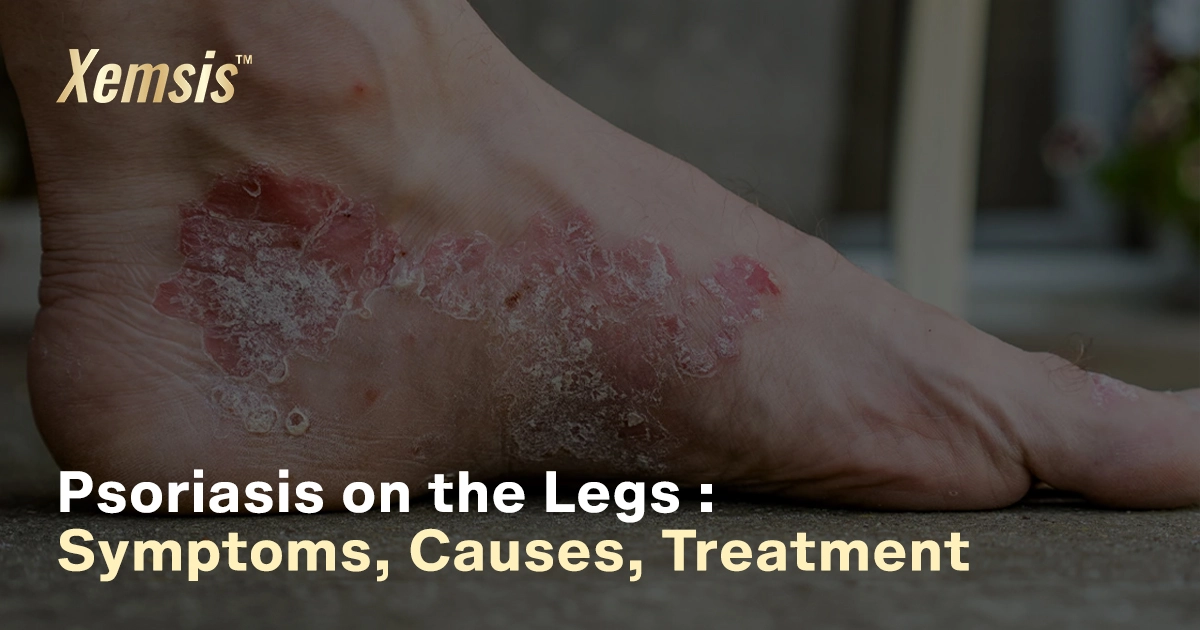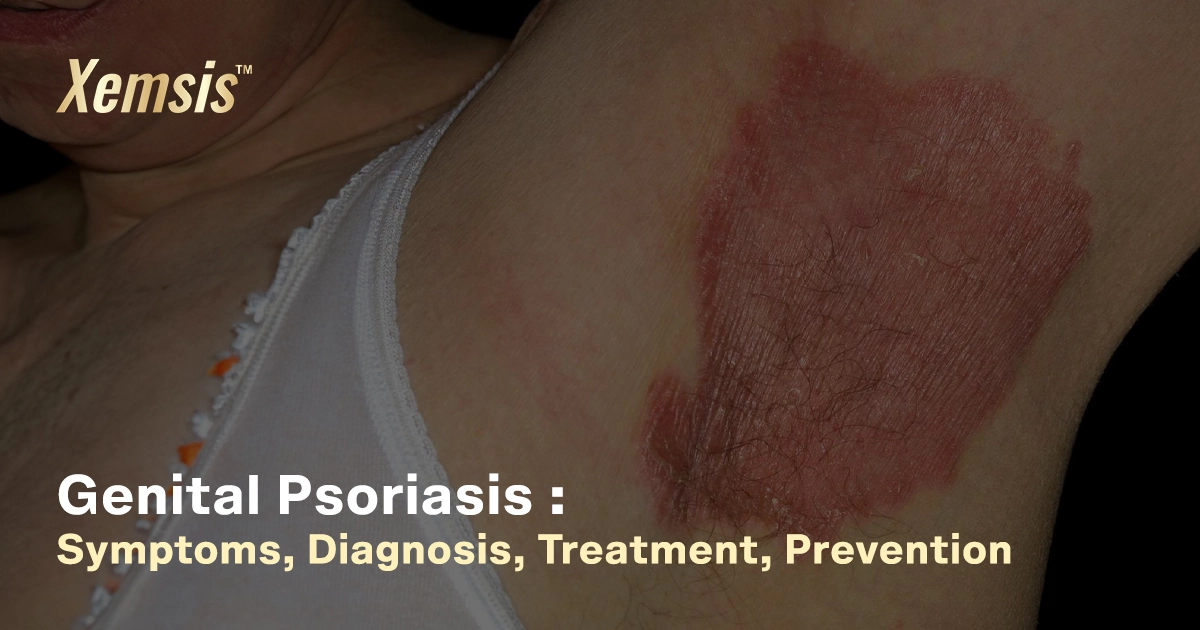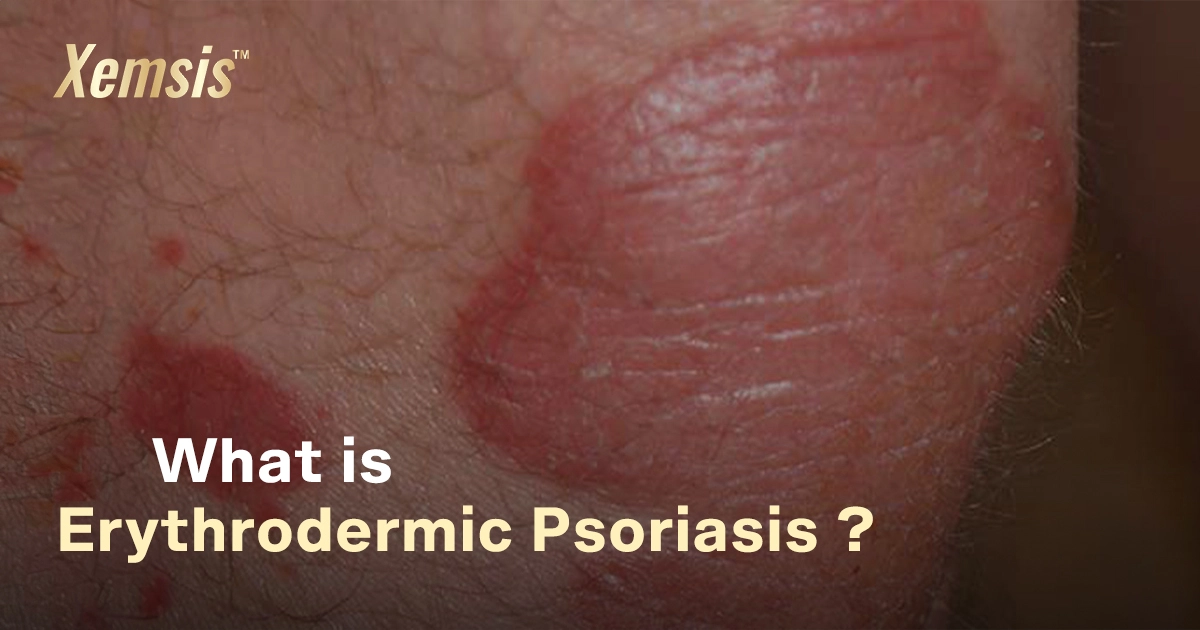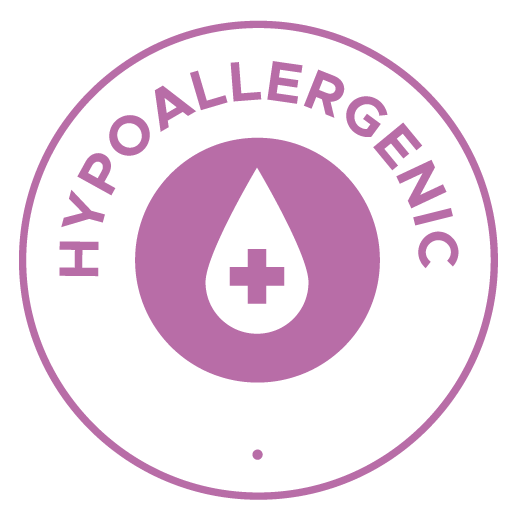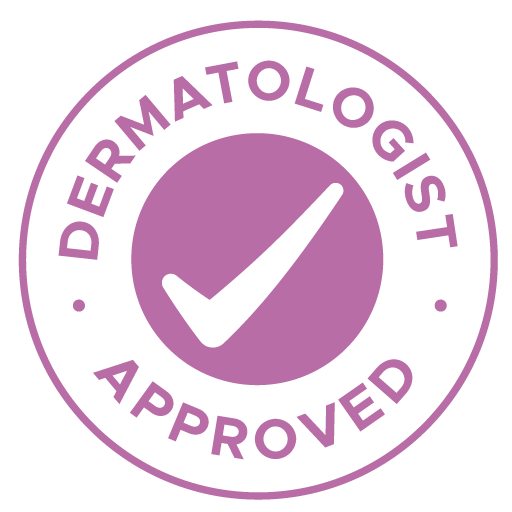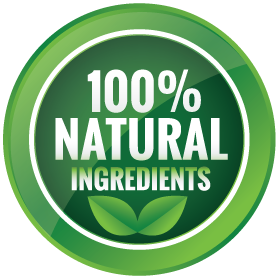If you’re living with psoriasis, you’re likely familiar with the unpredictable nature of its symptoms. Flares can occur, leading to outbreaks of itchy skin rashes and related discomfort. While consistent treatment is crucial for managing psoriasis, there are additional self-care practices you can incorporate to alleviate symptoms during flare-ups. While medication and therapies can help improve symptoms, it’s equally important to add self-care to your treatment regimen. Here are some tips:
1. Get a proper sunlight
For certain individuals, a brief exposure to ultraviolet (UV) radiation from sunshine might sometimes help to reduce the symptoms of psoriasis. According to research, there are UV rays that can help slow down the formation of skin cells.Some individuals find that brief, controlled exposure to natural sunlight can improve their psoriasis symptoms. Sunlight contains both UVB and UVA rays, with UVB being the most beneficial for psoriasis. However, it’s essential to practice sun safety and avoid overexposure, which can increase the risk of sunburn and potentially worsen psoriasis symptoms in some cases.
2. Bathe With Care
When bathing, use lukewarm water and mild, fragrance-free cleansers to avoid drying out your skin. Avoid hot water, which can exacerbate psoriasis symptoms. Limit bathing time to 10-15 minutes and gently pat your skin dry with a soft towel afterward. After bathing, avoid rubbing your skin vigorously with a towel, as this can further irritate psoriasis lesions and lead to discomfort. Instead, gently pat your skin dry with a soft towel to remove excess water. Leave your skin slightly damp before applying moisturizer to help seal in moisture and prevent dryness.
3. Follow the plan
Maintaining consistency is essential for treating psoriasis. Whether your treatment plan calls for oral, topical, phototherapy, or lifestyle modifications, follow your doctor’s instructions to the letter. Give your therapies time to take effect, and let your physician know if your symptoms alter or cause you any concerns. Maintain a journal to document your symptoms, treatment plan, and any changes you see to monitor your progress over time. Keep track of any changes or flare-ups in your psoriasis symptoms, as well as any triggers or other potential contributing variables. You and your healthcare practitioner can use this information to make well-informed decisions about how to modify your treatment plan.
4. Quit smoking
Since smoking has a high correlation with more flare-ups and less effective treatment, quitting is essential for those who have psoriasis. Smoking increases the body’s inflammatory response, which aggravates psoriasis symptoms and increases their resistance to treatment. People with psoriasis can benefit greatly from stopping smoking, as seen by decreased plaque severity and improved therapy response. For individuals who are having trouble quitting, it is imperative that they seek assistance from medical specialists or programmes designed to help quit smoking. Instead of smoking, other coping mechanisms for stress and emotional control should be investigated. In the end, giving up smoking takes perseverance and commitment over time, but the advantages go beyond managing psoriasis to include improved general health and wellbeing.
5. Avoid Triggers
One of the most important things in effectively controlling psoriasis is avoiding triggers. The frequency and intensity of flare-ups can be greatly decreased by individuals by recognising and avoiding situations that aggravate symptoms. Stress, particular foods, alcohol, tobacco, and skin traumas are common causes. Maintaining an extensive record to monitor symptoms and possible causes is crucial for figuring out personal trends and changing one’s lifestyle. For example, identifying a link between eating particular foods and flare-ups can result in dietary adjustments that reduce symptoms. In a similar vein, minimising the effects of stress on psoriasis can be achieved by practicing relaxation techniques or by getting support.
6. Avoid Scratching
For those with psoriasis, refraining from scratching is crucial to preventing symptom exacerbation and reducing the risk of infection and skin damage. Even while it may be tempting to scratch psoriasis plaques in an attempt to relieve the itching, doing so might worsen the condition by causing more inflammation and skin irritation. Instead, people should use mild techniques to relieve itching and discomfort, like massaging or moisturising the affected areas. By hydrating the skin and easing dryness, moisturisers can lessen the need to scratch. It’s critical to speak with a healthcare professional to discuss safe and practical management choices in cases of extreme itching.
7. Take Anti-Inflammatory foods
Incorporating anti-inflammatory foods into your diet can potentially help alleviate psoriasis symptoms by reducing inflammation in the body. Consider including a variety of fruits and vegetables, low-fat yogurt, omega-3-rich foods like fish, nuts, and seeds, whole grains, and legumes such as beans and lentils. Conversely, it’s advisable to limit or avoid foods that may exacerbate inflammation and worsen psoriasis, such as red meat, alcohol, high-fat dairy products, and foods high in gluten, sugar, and saturated fats. Making these dietary adjustments can complement other treatment strategies and contribute to better management of psoriasis symptoms.
8. Your mental health is more important
Managing mental health alongside psoriasis is vital due to increased risks of anxiety and depression. Psoriasis can affect self-esteem and social interactions. To cope, try stress-reduction techniques like yoga or meditation, establish a gentle skincare routine, and seek support from friends, family, or mental health professionals. Prioritizing mental well-being is crucial for overall quality of life.
9. Use coconut oil
Incorporating coconut oil into your psoriasis management routine can offer several benefits for skin health and symptom relief. Coconut oil is renowned for its moisturizing properties, which can help alleviate the dryness and flakiness commonly associated with psoriasis. Additionally, its anti-inflammatory properties may aid in reducing redness and irritation, while its antimicrobial properties could help prevent infections in compromised skin areas.
10. It’s time to care your skin
Taking care of your skin with psoriasis involves gentle handling, avoiding picking at patches or cutting nails too closely to prevent flare-ups. Limit baths and showers to 10 minutes with lukewarm water, as hot water can exacerbate symptoms. Use fragrance-free moisturizers regularly to keep skin hydrated and protect it from irritants. Wear protective clothing when necessary, and consult a healthcare professional for personalized advice.
Looking into the above tips psoriasis patients should be more careful in taking care of their skin in order to avoid severe flare-ups. People with psoriasis can try our xemsis ointment which cures their outer skin in just 7 days of use and many have recovered from this. Xemsis ointment is made with natural ingredients that are gentle on the skin and help to heal it from within. It also helps to prevent further flare-ups by maintaining a healthy skin barrier. With no further delay try ours and get benefited soon with a stress-free life.

